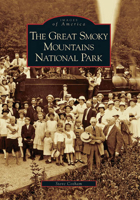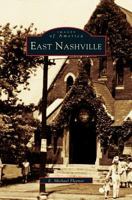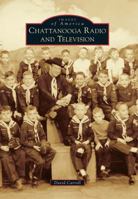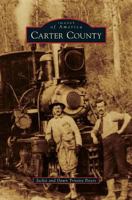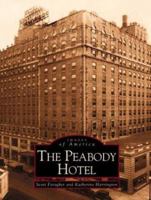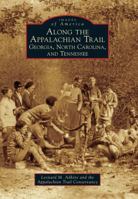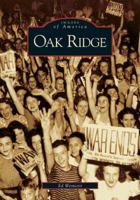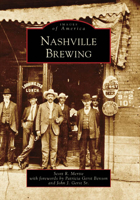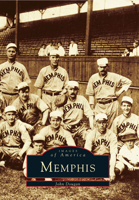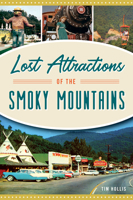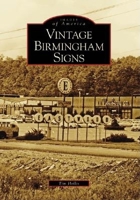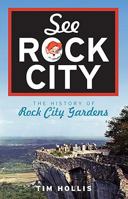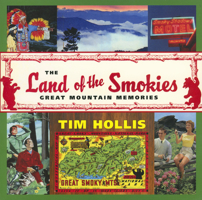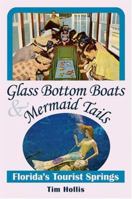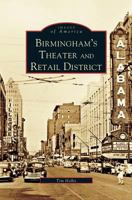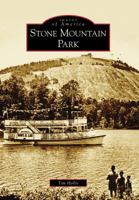Περὶ ποιητικῆς
You Might Also Enjoy
Related Subjects
HistoryCustomer Reviews
Rated 4 starsExcellent text for intro to theatre course
This translation uses terminology appropriate for teaching the Poetics to beginning theatre students. It is an excellent version for use in a theatre (as opposed to philosophy) class, and the budget price and slim size of the edition make it a fine bargain for students with limited finances. As a theatre teacher of students from middle school to college, I strongly recommend selecting this particular edition and translation...
0Report
Rated 5 starsAristotle Clearly Explained
By this time, the importance of Aristotle as a philosopher and the first analyst of drama is well known. For budding screenwriters, reading and understand his Poetics is one of the requirements for building good stories. Since I can't read the original in its Attic Greek, good translations are worth their weight in gold. Malcolm Heath's excellent translation is incredible. First, the introduction to the main work is longer...
1Report
Rated 5 starsPoignant Insights
The ancient observer's insights have stood the test of time. Some elements of human nature remain consistent regardless of the century or technology. Aristotle thought classification was important. In this work he sets forth a taxonomy for poetics. One of the more controversial statements he makes in this book is "poetry is both more philosophical and more serious than history." He doesn't leave it at that, being the philosopher...
0Report
Rated 5 starsWhere art theory began
This book (or perhaps just a portion of Aristotle's lecture notes) remains the acorn of an oak of subjects, from art criticism to playwriting to poetry. This is a clear, accurate translation (it helped me pass a test in Ancient Greek; and people who really know assure me). The text is no-frills and the introduction is brief but informative. This is probably not for scholars who will want to quibble over the meaning of 'phusis'...
0Report
Rated 5 starsA Classical masterpiece!
Aristotle's Poetics is hailed as the first systematic critical theory in the world. For centuries and centuries, it has inspired writers, critics, and philosophers alike. Aristotle, the father of critics, as many would exalt him, sets the rules for many key literary genres such as Tragedy, Comedy, and Epic. Through comparing and contrasting these classical genres, Aristotle convincingly argues for the highness and greatness...
0Report














